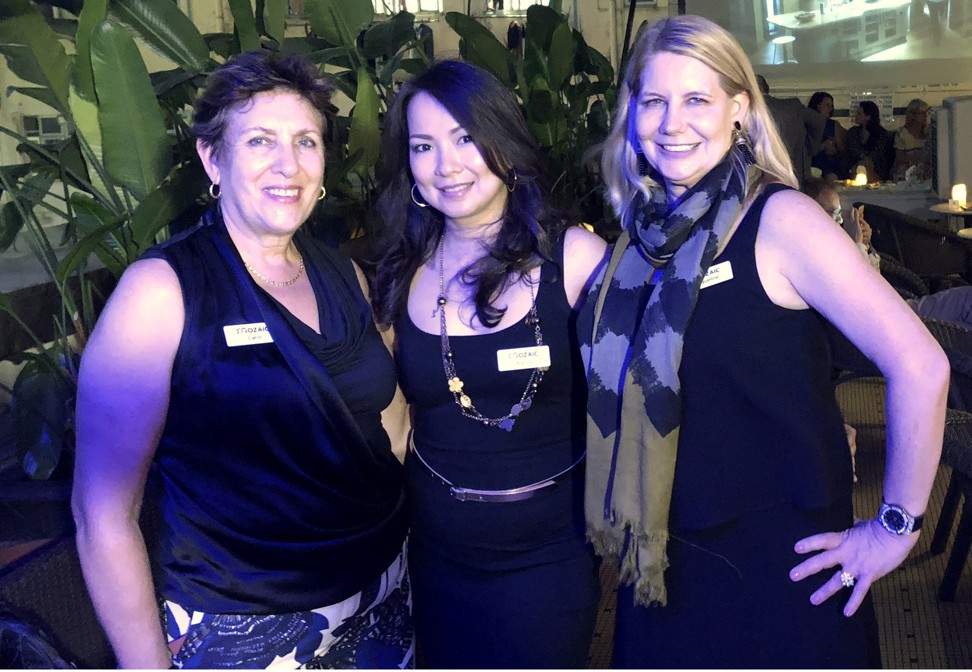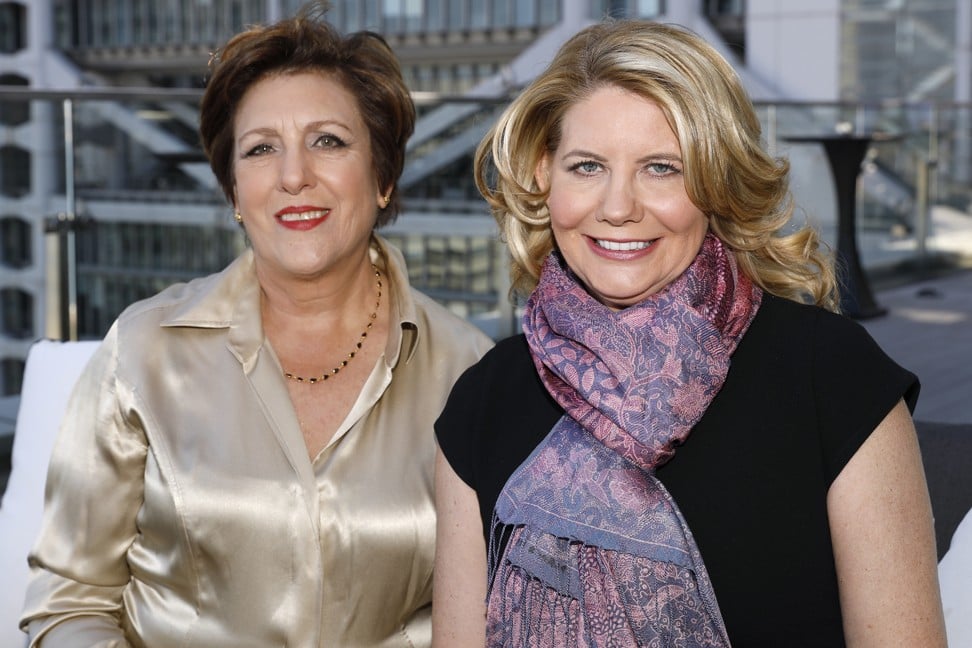
Unlucky in love: how to keep your money safe from online scammers and avoid a broken heart
As more Hongkongers fall for romance traps set by strangers they never meet in person, experts advise extra caution when the compliments fly from afar and to keep your friends close to help avoid disastrous decisions
Who doesn’t yearn to be loved? Another Hong Kong woman recently learned the hard way that love can be illusory and extremely costly.
The accounts supervisor, in her 50s, was not only conned out of her life savings but also money borrowed from family, friends and banks totalling HK$26.4 million (US$3.3 million) in just 18 months. It was Hong Kong’s biggest online love scam in terms of money lost.
Seven classic Hong Kong scams, from fake China crime probes to romance cons
Naive? Desperate? Don’t be so sure. A few of my female acquaintances were almost duped by similar scams. If not for friends and relatives warning of potential love traps, they would have joined Hong Kong’s romance scam statistics.
The latest victim was among 159 people similarly conned in the first four months of this year; 119 victims lost nearly HK$76 million between them in the first quarter of 2018.
It’s a crime to which many of us could fall victim, because these fraudsters prey on women and men who show any sign of emotional vulnerability.

This type of online criminal activity has become so prevalent that it’s categorised under “advance fee fraud”, in which the fraudsters usually con their victims into making upfront payments for goods or services that don’t materialise.
It’s depressing to realise that, despite the high level of connectivity in modern society, an increasing number of people still feel isolated and yearn for companionship.
Hong Kong woman tricked out of HK$20,000 in online love scam
Researchers believe such criminal activities, also known as mass-marketing frauds, are typically conducted by international criminal organisations, which operate through online dating sites and social media.
Most of the victims are female, middle-aged and well educated. Besides being typically more impulsive and more trustworthy, one intriguing finding shows that these victims tend to be “less kind”.
Wong says this might be more suitably interpreted as “less socially approachable”.
“Perhaps the kindness is related to the fact that these individuals have fewer friends and limited networks to warn them against potential harm or help them check out profiles of new acquaintances. Or maybe these individuals simply like to seek out more harmful relationships,” Wong says.
Someone with few friends they can count on and confide in is a perfect target, says Carol DeCandido, managing partner of Mozaic, a Hong Kong dating agency catering to the over 40s.

“Women are more daring and willing to venture out into the dating wilderness and explore different opportunities to find partners, more so than men,” she says.
It is difficult for victims to rebuild their social networks after the scam
Online dating doesn’t have to be scary, just be cautious, says Jacqueline Chia, Mozaic’s co-founder.
“It’s always nice to be complimented, especially by someone you like. But beware of those who are overly sweet and exceedingly accommodating because maybe they are trying to be someone they are not and acting to be the ideal person you are looking for,” she says.
Scammers will usually follow a winning formula. First, they create a fake online profile and often pretend to be professionals working in engineering, finance or the military; the latter allows them to justify being overseas, away from their potential victim’s country of residence. Some serve up sob stories that their wives have died tragically, leaving them to raise a child alone.
“If you can’t meet the person face-to-face, make sure you video chat with them online,” says Chia. “Fraudsters would always avoid having real contact to expose their faces. Even when you’ve managed to pin them down for a Skype chat, they would use the excuse of weak internet connection and then put a fake photo up to just chat online without any visual. If that happens, it should definitely raise some red flag.”
Chinese man held over ‘online dating scam using voice manipulation device’
Recovering from a bad relationship or break-up is already difficult but being scammed online can be devastating and isolating.
“It is difficult for victims to rebuild their social networks after the scam,” says Wong. “This might explain why victims of romance scams are less likely to go out of their way to cheer people up and be nice to others or get excited by other people’s good fortune. They seem to want to give up even a reasonable level of human interaction as a result.”
Although you want to remain open-minded, a lonely heart should be sensible and shrewd. Even if someone is not after your money, you still need to protect yourself from potential harm, physical and emotional.
Luisa Tam is a senior editor at the Post and a former sex talk-show host at DBC Radio

